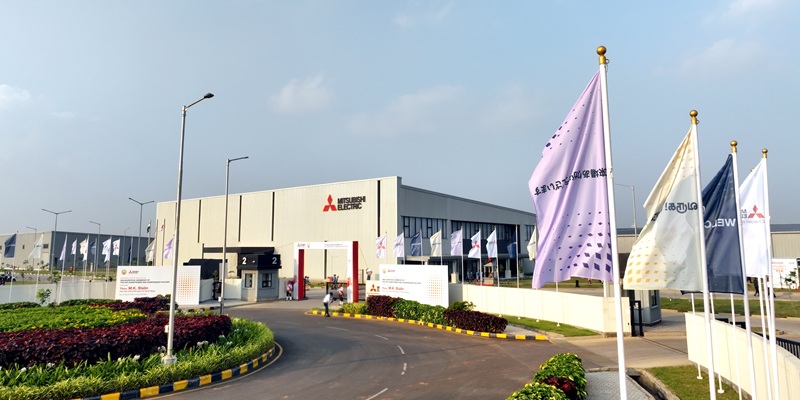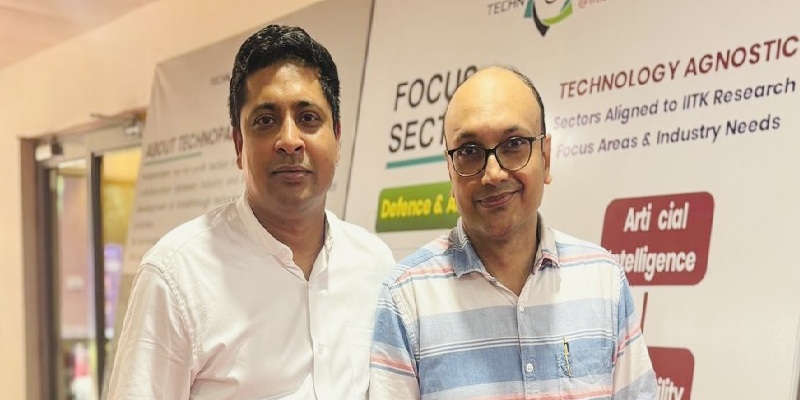Schedule a Call Back
Why is UPS industry banking on green technology
 Articles
Articles- Mar 01,24
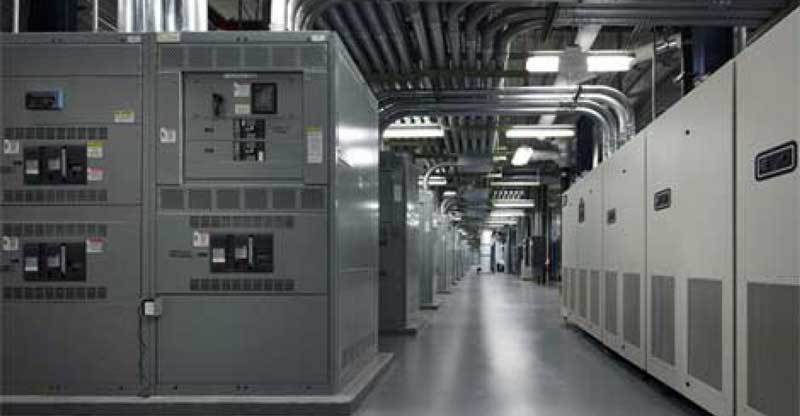
Numerous industries have experienced a transition, with companies switching from physical documents to digitalization. With the huge market adoption of the internet, sectors are investing in managing humongous amounts of data. But, there is always a threat of losing important business data due to unexpected loss of power that can damage CPUs. Hence, to avoid any data loss, the acceptance of uninterruptible power supply (UPS) is surging across all industries. Government initiatives for digitalisation, together with economic growth, infrastructure projects, and surveillance needs, are also aiding the growth of UPS market in India.
Measures, such as installing UPS battery, are necessary for various economic segments of the country to work efficiently with negligible downtime. According to ResearchAndMarkets, India UPS battery market - valued at $ 139.65 million in 2023 - is anticipated to grow at a CAGR of 11.36 per cent in the next five years owing to rising dependence on electricity, expanding commercial and industrial segments, with power outages being a frequently occurring in the country, specifically during peak consumption hours, an uninterrupted power supply is a mandate.
Some growth hurdles
Despite being a reliable and highly responsive system guaranteeing an immediate power supply in the event of a power failure, the major concern for the UPS industry is the significant upfront investment. Corporate setups on a large-scale run into tens of thousands of dollars for the machinery alone. These major installations also require an infrastructure setup that can significantly increase the total setup cost. Therefore, not all users could afford UPS, hampering the market's growth.
Additionally, the maintenance cost of UPS is much higher, especially for corporate offices and industries, as it involves many UPS connections and requires a skilled electrician to be appointed to manage wiring systems and ensure error-free services. The UPS system draws more power than a standalone device in terms of power consumption. The amount required is significantly higher than the actual amount needed by the devices, as UPS needs to keep its batteries always charged. This adds to the cost for the user.
Therefore, UPS system's high capital cost and operational expenditure are factors limiting the growth of the market.
The rise of green technology
Like other industries, electrical equipment makers are also adopting eco-friendly measures to bring down their carbon footprint. Meenu Singhal, Regional MD, Socomec Innovative Power Solutions Pvt Ltd, said, "The electrical sector is adopting quickly to the technologies like IoT and remote monitoring. The entire sector is moving towards a sustainable and resilient energy landscape. Using of environment friendly products like advanced lithium-ion batteries is being promoted. Many players have shifted focus completely towards green manufacturing practices and played a part in the transition to a low-carbon economy. Adopting such measures lead to efficient use of resources and improves reliability, control and monitoring and also optimises the electrical installations. The manufacturers are also constantly exploring ways to design products that exceed expectations in terms of energy efficiency and sustainability."
The past few years have seen a speedy hike in energy prices and environmental awareness by consumers. For these reasons, various companies have developed an UPS technology to reduce energy consumption, also referred to as green UPS technology. Green design reduces the power consumption of UPS systems by up to 75 per cent compared to conventional UPS systems. Thus, an energy-efficient design has become one of the top factors for customers to consider when comparing UPS products. Further, green UPS solutions have advanced monitoring and thermal designing systems that reduce heat generation.
Meenu Singhal said, "Balancing regulatory requirements and environmental standards with the primary needs of customers to help them met Net Zero emission targets is a challenge. Keeping in mind our customers’ needs, we devise solutions and products that consume less energy and are eco-friendly. We conduct life cycle assessments to ensure minimal environmental impact and improved performance. Our focus will continue to be on improving our products’ sustainability performance."
He adds, "Socomec's continuous investment in cutting-edge technology ensures unmatched UPS longevity, empowering our customers to meet sustainability goals and contribute to a greener future. One of our solutions, MODULYS XM is designed with a life expectancy of 20 years making it a ‘Forever Young’ product. Under this concept, the life style extension of the UPS comes with plug-ins of modules and other subassemblies with a 20-year guaranteed compatibility. The system’s components are easy to recycle, keeping in mind the design, making it an eco-design concept. With remote troubleshooting technology, Socomec experts connect to the UPS system, run remote tests and diagnostics – all with zero transport-related carbon emissions."
Burgeoning data centres drive green UPS demand
Due to the rising of data-related services in India, there has been a huge increase in the demand for data centers, which is driving the demand for UPS batteries across the country. The growing utilisation of cloud computing & virtualization has led to a rise in data centers. The rising colocation providers across India are highly inclined toward remodeling their data center UPS solutions to meet the customer demand to deliver the data rapidly, thus, propelling the demand for data center UPS solutions.
In addition, the life expectancy of a UPS in a data center is about 10-15 years. Lead-acid battery works for about 3-6 years, while lithium-ion battery lasts 10 years or longer. Due to the latest advancement in UPS batteries, companies in India are highly focused on designing advanced battery systems for data centers. This battery of UPS has 46 per cent lesser footprints and is 20 per cent lighter compared to traditional lead acid battery systems. Thus, the growing deployment of UPS batteries for data centers, due to their numerous advantages such as high energy efficiency, high performance, and lightweight, is compelling the India UPS battery market growth.
Eco-friendly alternatives
Amidst growing concerns about climate change, manufacturing facilities worldwide are realising the importance to implement sustainable practices. With the aim of conserving energy and reducing their carbon footprints, more vendors are coming up with an eco-friendly UPS or with an eco-mode built in. Vendors have been launching eco-friendly UPS technology offering higher efficiency of up to 94-97 per cent against the normal 80-88 per cent.
"With automation, companies are able to reduce their cost of production by making processes more efficient and improve the product quality. By incorporating artificial intelligence (AI) and other digital tools, our products have become more intelligent and meet customer’s non-standard requirements. This enables in increasing productivity and customer’s satisfaction,” said Shivaji Waghmare, CEO & CTO, Fuji Electric India.
Government is planning to add 25 GW per annum of solar capacity, offering huge potential to grow for Indian manufacturers. At present, equipment for solar energy sector is dominated by imports; but, now the government is promoting local manufacturing. “We see this as a big opportunity to grow our business and, hence, we are developing new products (like solar inverters) for solar energy sector. We are also diversifying our product range and scaling up offerings for this sector,” says Shivaji Waghmare.
At the Renewable Energy India Expo 2023, Fuji Electric India introduced the PV1500 series central inverters for large-scale solar plants, which helps in energy saving and reducing pollution. “We have a lot of other solar and solar-hybrid products, and energy storage systems. All these systems help customer to generate electricity through solar or use batteries instead of diesel generators,” he adds.
Summing up
Today’s evolving customer needs for more reliable, super-efficient and intelligent solutions, fosters innovation in product design and development by leveraging modern technologies. “The adoption of advanced technologies leads to lesser downtime, reduces wastage, increases operational efficiency and production speeds, resulting in overall cost reduction of the electrical infrastructure. These factors also help manufacturers to reduce the carbon footprint and contribute to sustainability goals. By adopting modern technology, manufacturers gain customer trust and establish a competitive edge, particularly in industries where product quality is a critical factor. Many global markets have high tech standards, and the adoption of modern technologies helps Indian manufacturers meet these standards, enhancing their access to international markets,” said Meenu Singhal.
In the coming years, green UPS demand is anticipated to increase at a substantial rate, mainly driven by various applications in IT networks and telecommunications. Owing to this, the India UPS batteries market is also expected to witness a surge.
Related Stories

Why Batteries Trail Strategy in Humanoid Robot Development
Battery makers are racing ahead of robot OEMs in positioning humanoids as the next growth frontier. This press release examines developments from both perspectives and considers how deeper cross-ind..
Read more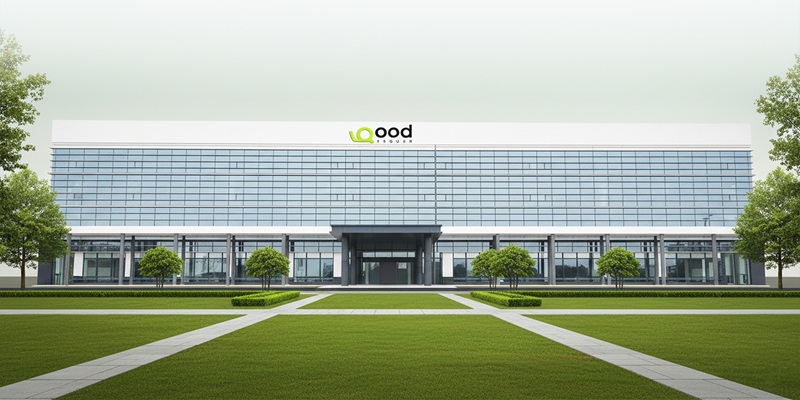
GoodEnough Energy Commissions India’s Largest BESS Gigafactory in Noida
GoodEnough Energy has commissioned India’s largest 7 GWh BESS Gigafactory in Noida, marking a major step towards grid-scale energy storage and the nation’s clean energy goals.
Read more
New Opportunities in EV Manufacturing Amid Market Flux
India’s EV journey is entering a decisive phase, shifting from policy-led adoption to a focus on manufacturing depth, technology ownership, indigenisation and global competitiveness, shares Dr Uda..
Read moreRelated Products
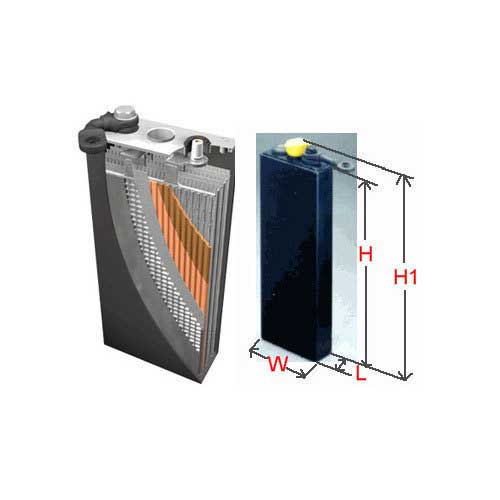
Forklift Battery
Aatous International is a manufacturer and solution provider of a wide range of forklift battery.
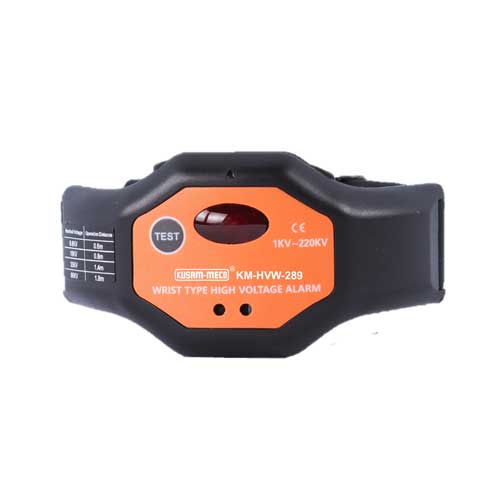
Kusam Meco -Wrist Type High Voltage Alarm
‘KUSAM-MECO’ has introduced a new wrist Type High Voltage Alarm Detector - Model KM-HVW-289 having a wide sensing range from 1kV-220 kV AC.
Servotech Power Systems files 2 patents for energy management technologies
Servotech Power Systems, a leading manufacturer of EV chargers and solar solutions, has announced that it has filed two patents for innovative energy management technologies in order to facilitate gri Read more





